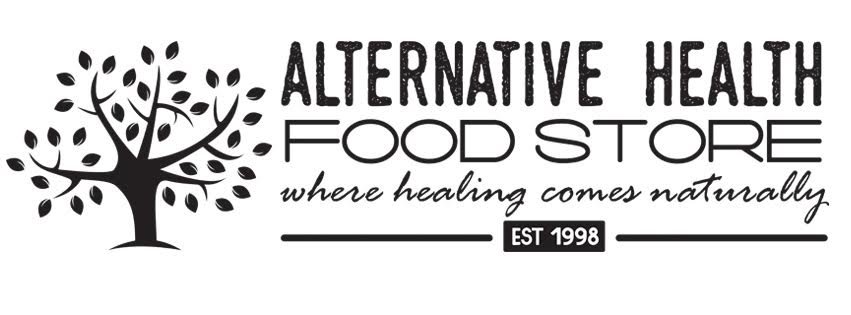Beets and Bacon—Are the Nitrates the Same? (with recipe)
Let’s begin with a definition. Nitrates are compounds made up of nitrogen and oxygen. Most come from plants, such as beets. They are also added to processed meat—in the form of sodium nitrate or sodium nitrite—as a preservative, or to enhance flavor, color, or texture.
Beets and plants with nitrates
When we eat nitrates from plants, our body converts them to nitric oxide, which has been shown to have several benefits, such as regulating blood pressure and improving circulation.
A 2021 study showed that active adult men who received nitrates derived from beet juice increased their muscle power output. Another trial showed that consuming at least 60mg of nitrates from vegetables daily (about one cup of raw, green, leafy vegetables) may significantly reduce the risk of heart disease.
In addition, a recent study found that men receiving beetroot extract had faster recovery of systolic blood pressure, heart rate, and Heart Rate Variability when compared to taking a placebo. Similar results were observed in a placebo-controlled trial which enrolled young healthy African American women, in which beetroot juice was shown to decrease blood pressure and increase heart rate variability, both at rest and during exercise.
Bacon, Hot Dogs, and Cold Cuts with nitrates
In processed-meat products, nitrates can combine with the proteins’ amino acids and form nitrosamines, which have been associated with an increased risk of certain cancers.
A World Health Organization report found that each 50-gram portion of processed meats a person ate per day (about 5 slices of bacon) increased their odds of colorectal cancer. The evidence was strong enough for the World Health Organization classifies these foods as a Group 1 carcinogen—the same designation as tobacco.
Bottom Line
Nitrates from plants and those added to meat behave very differently in the body. Increasing your consumption of nitrate-rich veggies may reduce blood pressure and improve athletic performance. But it’s best to limit your intake of processed meats, which are associated with an increased risk of cancer.
What if I don’t Like Beets?
Fortunately, the supplement market has learned that a lot of people don’t like beets, so there are many supplement options. Beets can now be found in capsules, powders, liquids, and even gummies. I personally recommend Garden of Life’s Beets Gummies. They are a clean, organic product and taste yummy!
Gingerly Beets Beauty Smoothie
1 cup coconut water
1 cup unsweetened almond milk
1 scoop Garden of Life Beets Beauty Powder
1 scoop Vanilla Collagen protein
½ cup avocado
1 cup blueberries
1 Tablespoon ginger root
Blend until smooth and enjoy!
Source:
Eating Well, April 2022
BioticsResearch.com
Photo: Polina Tankilevitch from Pexels
Recipe:
Garden of Life
Angel Hill-Reynolds, DNM, M Ed., offers Natural Health Assessments, using the art of iridology with science-based solutions. She offers telehealth and in-store appointments. Visit AlternativeHealthFoodStore.com/services for details.
These statements have not been evaluated by the FDA. This is not intended to diagnose, treat, cure, or prevent any disease.
